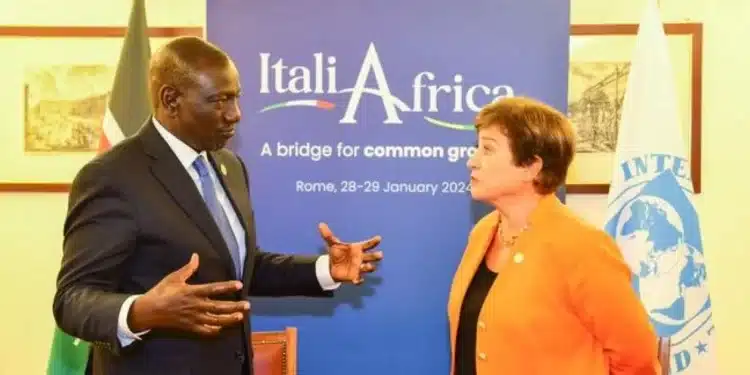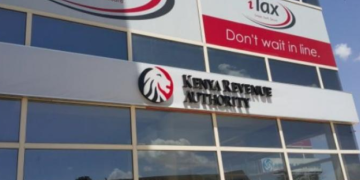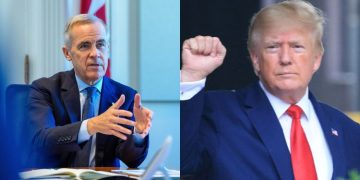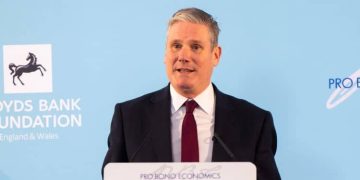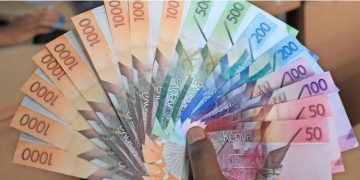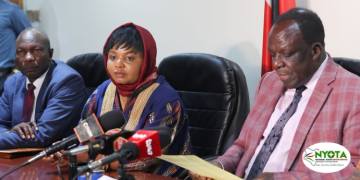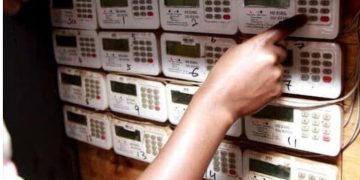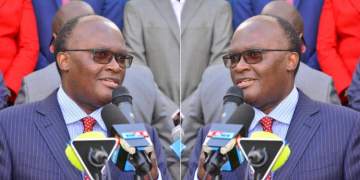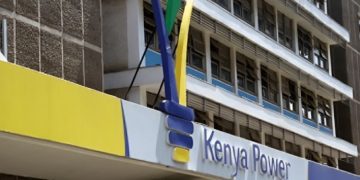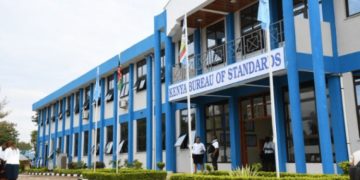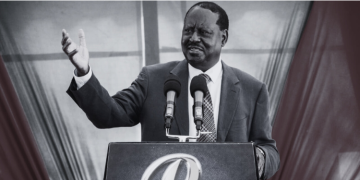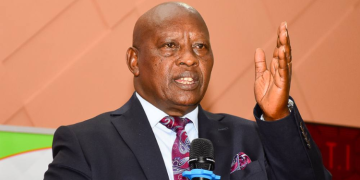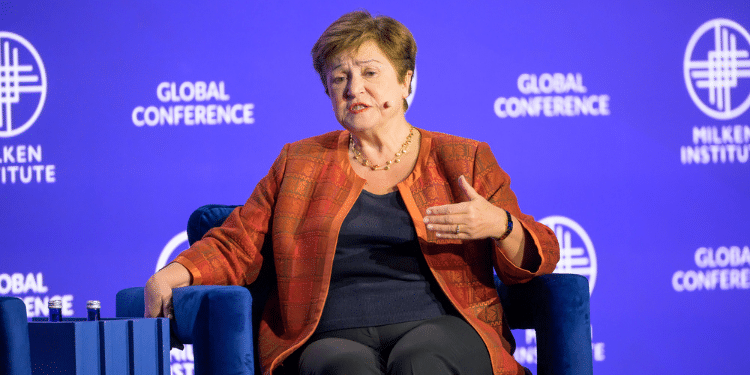An International Monetary Fund (IMF) team is in Kenya for two weeks to assess the impact of corruption on public finances, as the country prepares for a new funding program.
The ongoing review, known as a governance diagnostic, will investigate corruption risks in six key areas, including fiscal policy, central bank governance, market regulation, and the rule of law.
Additionally, it will evaluate the effectiveness of Kenya’s anti-corruption laws and institutions.
Consequently, the findings will be shared with Kenyan authorities before the end of 2025 and published once the government gives its consent, the IMF said in a statement.
The visit comes as President William Ruto’s government seeks a fresh loan arrangement with the IMF, despite failing to complete the ninth review of its current IMF program.
Also Read: Ruto Asks IMF for Unspecified Multibillion Loan
The IMF Program in Kenya Failed to Complete
Because of Kenya’s shortfall in completing the review of the current program, there was a loss of a Ksh103.2 billion ($800 million) disbursement.
The program was abandoned in March 2025 following deadly protests over proposed tax hikes on basic goods like bread in the 2025 Finance Bill.
At least 60 people were killed during the June 2024 protests.
In addition, the IMF said the review is part of efforts to help countries strengthen governance and reduce corruption. At the same time, assessments are ongoing in more than 10 other countries, including Ghana and Madagascar.
Kenya is at high risk of debt distress and is under pressure to improve transparency and stop wastage. However, talks for a new IMF-supported program are expected to begin in September.
Central Bank Governor Kamau Thugge said the IMF will return then to conduct a debt sustainability analysis. Kenya currently ranks 121 out of 180 countries in Transparency International’s global corruption index.
Also Read: IMF Boss Recommends Key Reforms for Kenya After 2-Day Visit
World Bank on how Kenya is Wasting Money
Earlier, the World Bank in its latest Public Finance Review revealed that Kenya’s huge public wage bill was not fueled by basic salaries, but by complex, unregulated allowances.
Further, the multilateral lender noted that Kenya’s public sector travel budget is currently at Ksh19.6 billion, proposing a 50% cut to reduce unnecessary expenditure.
Additionally, the report noted that Kenya lost millions more due to overpayments, unexplained salary variances, and outdated allowance structures.
Therefore, it called for a two-year hiring freeze, a skills audit, and redeployment of existing staff across government departments to stop the financial crisis.
According to the World Bank, Kenya should introduce a 15% tax band for annual incomes between Ksh288,000 and Ksh388,000.
Follow our WhatsApp Channel and X Account for real-time news updates.
